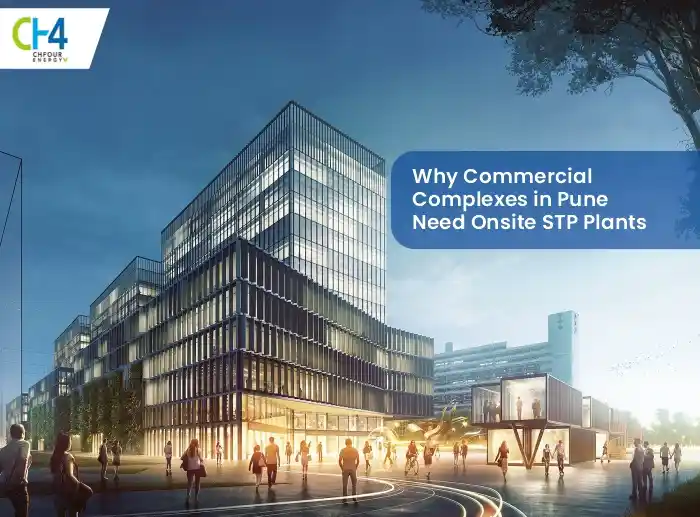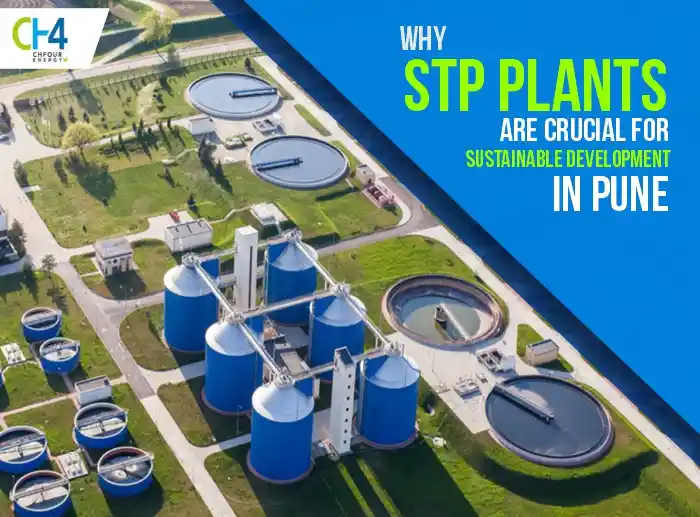
Recycling Treated Sewage: How STPs Save Water & Money
Water is an essential component, in fact, the lifeline of all existence on earth. Therefore, access and availability of water for a variety of purposes are an absolute must for public health and welfare, as well as for communities and industry, and for effective wastewater treatment, such as Sewage Water Treatment Plant manufactured by wastewater/sewage water treatment companies. And not to forget, safe drinking water treatment & management for all. In fact, wastewater treatment saves water and money, supports recycling treated wastewater to improve the environment, and is well-suited for industrial applications. It does so by using a Sewage Treatment Plant manufactured by wastewater treatment companies, thereby providing a sustainable, non-potable source for flushing, gardening, and industrial cooling, minimizing freshwater demand by up to 50%. It also saves money by lowering municipal water bills, reducing dependency on costly water tankers, and preventing high environmental fines. Enter CH Four Energy Solutions, one of the prime wastewater treatment companies in Pune, Maharashtra, India, manufacturing Sewage Water Treatment Plant, handling industrial recycling of treated sewage, and regulating them accordingly, to the benefit of the environment, industry, and people at large. How Sewage Treatment Plants Help You Save Water & Reduce Costs Significant Water Reduction – Sewage Treatment Plant (STPs) in apartment buildings can treat 80-90% of wastewater, which is thereafter repurposed for flushing out (covering 40% of water usage) or irrigation, drastically minimizing fresh water consumption. Reduced Utility Bills – Utilizing STP for gardening, parks, and cleaning noticeably lowers monthly utility bills by eliminating the need for municipal water. Lowered Operational Expenses – Industries, hotels, and commercial buildings or establishments can save money by using treated wastewater for cooling systems and vehicle washing. Financial Return on Investment – Whilst there is an initial cost, an STP is a long-term investment that pays for itself by minimizing water expenses and avoiding penalties for discharging untreated sewage into the environment. Sustainable Resource Recovery – Beyond water, advanced, start-of-the-art treatment may aid in recovering nutrients from fertilizers, thereby fostering a circular economy. Key Applications of Sewage Treatment Plants STPs Working Mechanisms Followed by CH Four Chemicals Used in Sewage Water Treatment Plant As of early 2026, STP compliance in India entails a strict, performance-oriented mandate driven by the Central Pollution Control Board (CPCB) and National Green Tribunal (NGT), having focus on 100% wastewater reuse, real-time surveillance, and strict effluent quality, specifically for residential, commercial/industrial, and hospitality sectors. Key 2026 Regulatory Mandates Sector-Specific Updates Compliance Checklist for 2026 Consequences of Non-Compliance However, regulations tend to vary by state. So, it is advisable to check the specific SPCB norms update for your locations. Importance of MPCB Liaison Services in Wastewater Treatment Projects Consider CH Four Energy Solutions as Your Ultimate Solution Provider & Get Rid of All Your Worries & Concerns! Connect with Our Specialists Via Email at info@chfour.net




